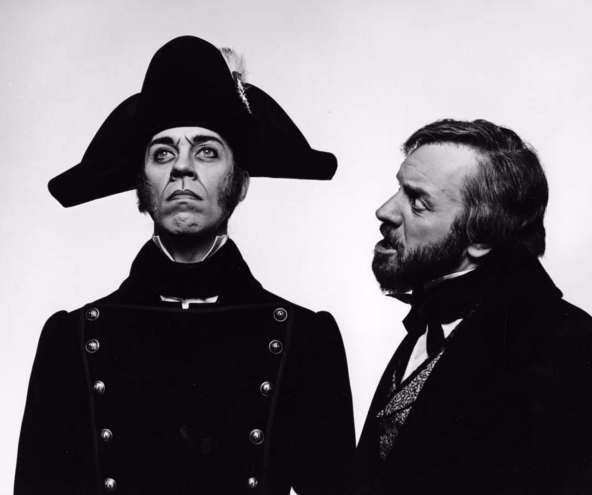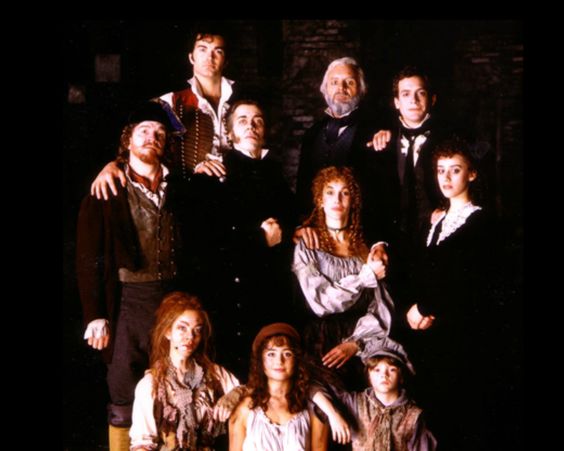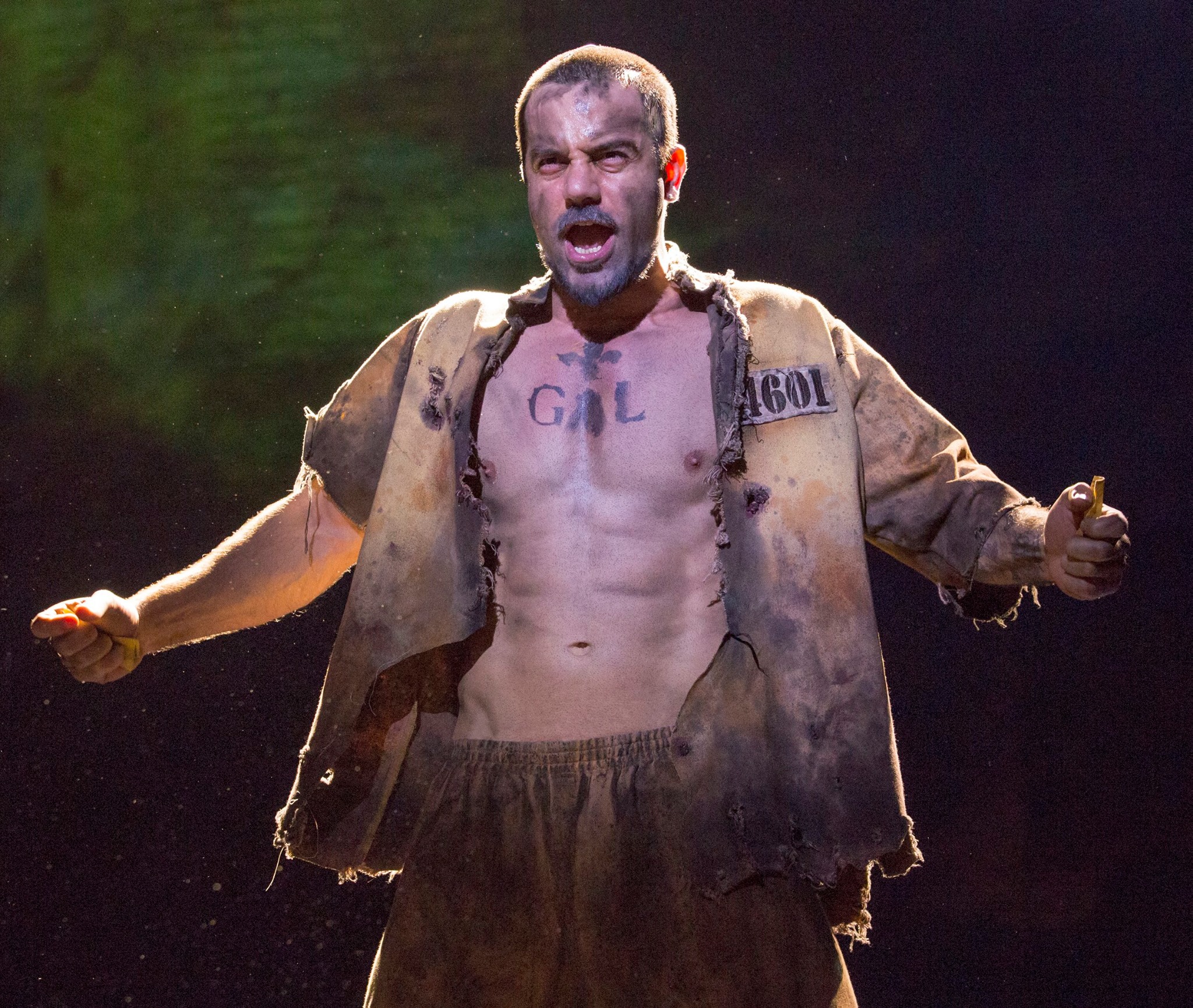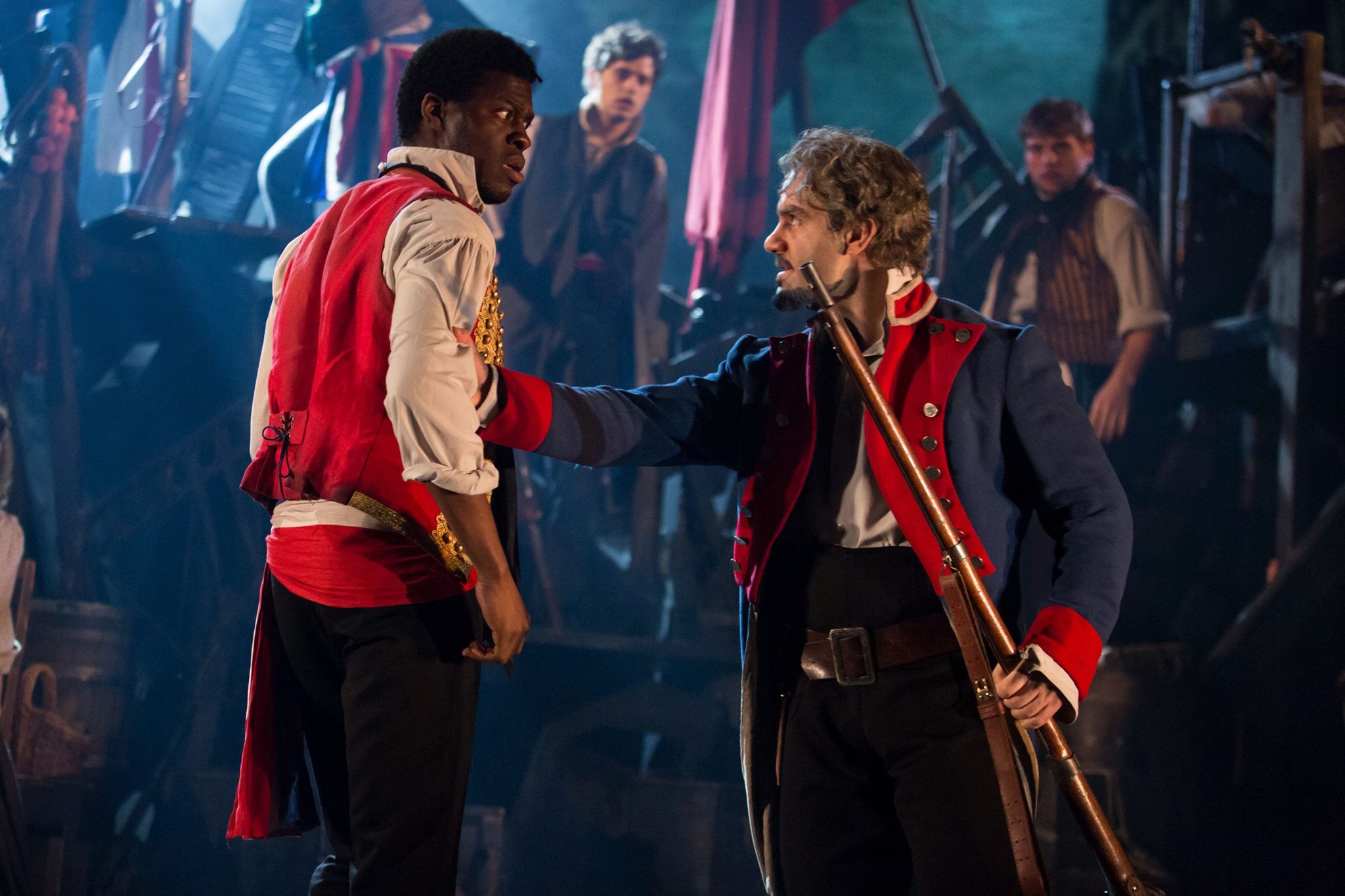The Longevity of Les Misérables – Why Do We Love to Be Miserable?
As the musical Les Misérables wraps up a very successful revival at the Imperial Theatre it is with some sadness that we see it leave Broadway again. It feels as if this pop opera has been a staple of the Great White Way for decades. Perhaps that is because its original run was so prolific (6,680 performances) and this most-recent revival was nothing to sneeze at either (1,026 performances). The question is, just what is it about Les Misérables that keeps us going back, again and again, and what about it appeals so strongly to new generations? Why do we enjoy being "miserable"?
There are a million reasons why we love Les Miserables, and the Alain Boublil/Claude-Michel Schönberg score is one of them. Think about all of the songs that stick with us, that we sing over and over again, inflating their words and lyrics with our own angst-ridden emotion. I have always been especially partial to "Stars", Inspector Javert's raison d'etre, but "I Dreamed a Dream", "Who Am I?", "Master of the House", "One Day More", "Do You Hear the People Sing?", "In My Life", "On My Own", "Bring Him Home" and "Empty Chairs at Empty Tables" are all unqualified standards from the score. The score resonates, both individually and collectively. We love to sing this music, and this deepens our relationship with Les Miz because the score is the soul of a musical and that is where our souls connect.
Les Misérables also offers a wide range of character archetypes that we gravitate towards: The martyred hero, the misunderstood villain, the sacrificing mother, the clownish lowlife and his shrewish wife, the pining heroine, the young lovers. They can all be found populating Les Misérables and because of their universality, these characters translate all over the world. How many teenagers have belted "On My Own", identifying with Eponine when an unrequited love tears them apart? Who doesn’t listen to “Bring Him Home” without applying it to any situation where we pray for someone’s safety? What mother wouldn’t give her life like Fantine to give her child a better chance in the world?
The place where Les Misérables had perhaps had its widest appeal is that it speaks to both the pain and hope in each of us? Everyone is fighting that daily, uphill battle, trying to make ends meet; trying to survive. We are surrounded by violence, poverty, insecurity, sadness and detachment. Les Misérables is a reminder that a possible light shines at the end of a stormy existence. Its message gives us something to cling to. Despite its title and its embrace of those trapped in misery, the musical paints hope, something we all sorely need and search for. In the end, this is what makes Les Misérables an evergreen musical that inspires and uplifts the multitudes and why it will continue to endure the world over. We are “miserable” to see it depart Broadway, but we look forward to it’s hopeful and eventual return someday.











